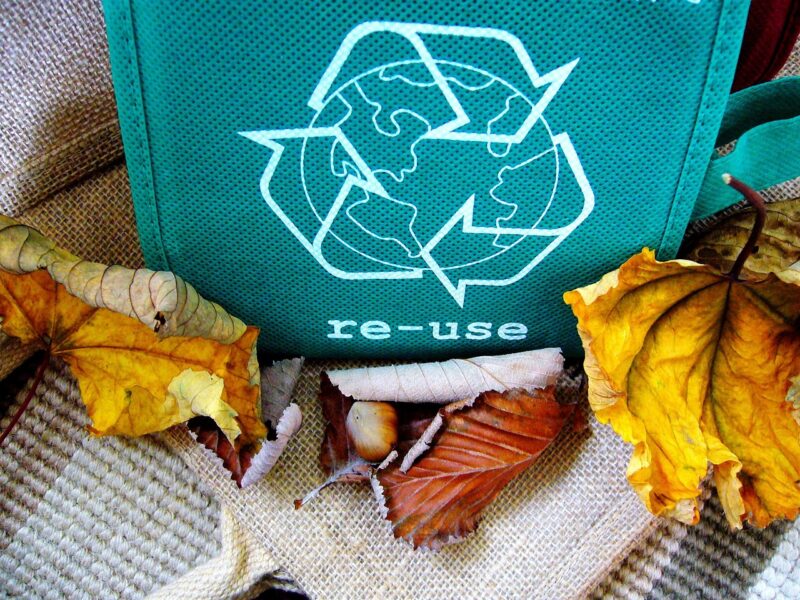The Importance of Recycling and Reducing Waste for a Cleaner Planet
November 11, 2024

In today’s fast-paced world, the environment is under unprecedented pressure from human activities. Landfills overflow, pollution permeates our air and water, and the consequences of climate change become more pronounced every day. Among the most effective strategies for combating these environmental challenges is recycling and waste reduction. This article explores the critical importance of recycling and minimizing waste, providing practical insights for individuals and communities alike.
1. Understanding Recycling and Its Benefits
Before delving into the significance of recycling, it’s crucial to understand what recycling entails. Recycling is the process of converting waste materials into new products. This helps reduce the consumption of fresh raw materials, decrease energy usage, lower greenhouse gas emissions, and minimize air and water pollution.
Benefits of Recycling:
– Conserves Natural Resources: Recycling conserves finite resources like timber, water, and minerals. For instance, recycling paper reduces the need to cut down trees, preserving forests that are vital for biodiversity.
– Reduces Energy Consumption: Producing new products from recycled materials usually consumes less energy compared to creating products from virgin materials. For example, producing aluminum from recycled material takes 95% less energy than producing it from raw ore.
– Decreases Landfill Waste: Recycling significantly reduces the amount of waste that ends up in landfills. Less waste in landfills means lower methane emissions, a potent greenhouse gas.
– Supports Economic Growth: Recycling creates jobs along the recycling chain, from collection and sorting to processing and selling recycled materials. The recycling industry contributes millions to the economy and supports sustainable job creation.
2. The Waste Crisis: Why Reducing Waste is Essential
As the global population continues to grow, so does the amount of waste generated. The Environmental Protection Agency (EPA) reports that each person in the United States generates about 4.9 pounds of waste daily. While recycling is a significant part of addressing this issue, reducing waste at the source is equally essential.
Key Reasons for Reducing Waste:
– Environmental Protection: Reducing waste minimizes pollution and conserves natural habitats. By using fewer resources, we lessen the strain on the planet and protect biodiversity.
– Sustainable Practices: Adopting a waste-reduction mindset promotes sustainable living. By prioritizing products that are reusable, recyclable, and compostable, we can mitigate the impacts of waste.
– Economic Savings: Reducing waste often leads to cost savings. For households, this can mean less money spent on trash bags or disposal fees. For businesses, waste reduction can lower operating costs, as less waste means less waste management.
– Empowerment: Individuals who actively reduce waste can inspire others within their community to do the same. Each small action contributes to a larger movement toward sustainability.
3. Practical Tips for Recycling and Reducing Waste
Making sustainable choices doesn’t have to be overwhelming. Here are some practical tips that individuals and families can adopt to make a positive impact:
Recycling Tips:
– Know What Can Be Recycled: Different communities have different recycling guidelines. Familiarize yourself with your local recycling program to understand what materials can be recycled.
– Clean Your Recyclables: Rinse out containers to prevent contamination. Dirty materials may not be recyclable and can spoil entire batches.
– Keep It Simple: Designate a specific spot in your home for recycling to make it easier to separate recyclable materials from trash.
Waste Reduction Strategies:
– Minimize Single-Use Items: Opt for reusable bags, water bottles, and containers if possible to reduce plastic waste.
– Compost Organic Waste: Composting food scraps and yard waste reduces the amount of material sent to landfills while creating nutrient-rich soil for gardens.
– Buy in Bulk: Purchasing in bulk can cut down on packaging waste and often saves money. Bring your own containers to store bulk items.
– Think Before You Buy: Assess your needs before making purchases. Avoid items with excessive packaging, and support companies that prioritize sustainability.
4. The Role of Communities in Promoting Recycling
Individual actions matter, but community involvement amplifies the impact of recycling and waste reduction efforts. Communities can create programs and initiatives that encourage participation and engagement in sustainable practices.
Community Initiatives:
– Establish Recycling Programs: Municipalities can implement and improve recycling programs, ensuring residents have easy access to recycling facilities.
– Educate and Engage: Host workshops, seminars, and events focused on recycling education and waste reduction strategies.
– Incentivize Participation: Communities can offer incentives for households and businesses that actively participate in recycling and waste reduction efforts.
– Collaborate with Local Businesses: Partner with local businesses to sponsor community recycling events or create rewards for recycling efforts.
5. Conclusion: A Call to Action
Creating a cleaner planet necessitates collective action—recycling and reducing waste are two crucial components of this effort. By understanding the importance of these practices, individuals can make informed decisions that positively impact the environment.
Every small action contributes to a larger goal of sustainability. Whether it’s recycling a plastic bottle or opting for a reusable shopping bag, our choices shape the future of our planet. Let us commit to recycling and reducing waste, forging a path toward a cleaner, greener, and more sustainable world for future generations.
Together, by prioritizing recycling and waste reduction, we can create a lasting impact that contributes to a healthier planet.
By embracing these habits, we can collectively work toward building a sustainable future.






